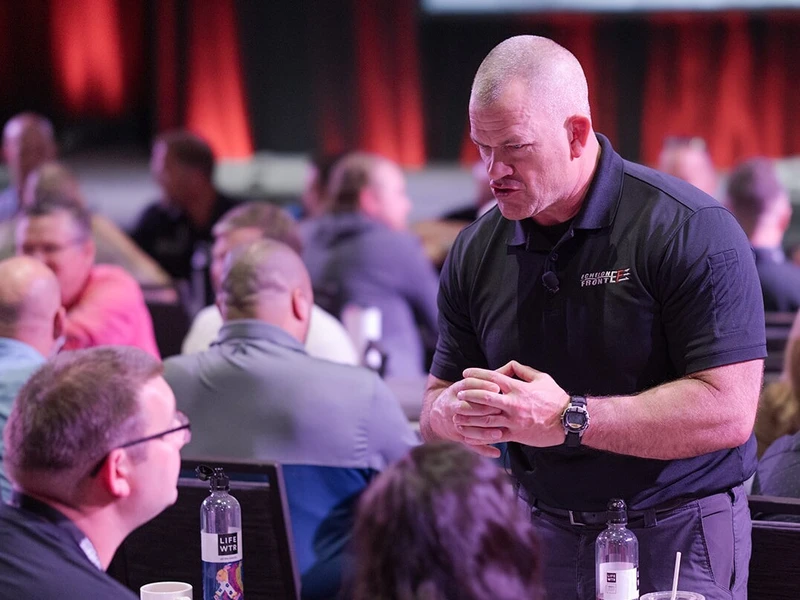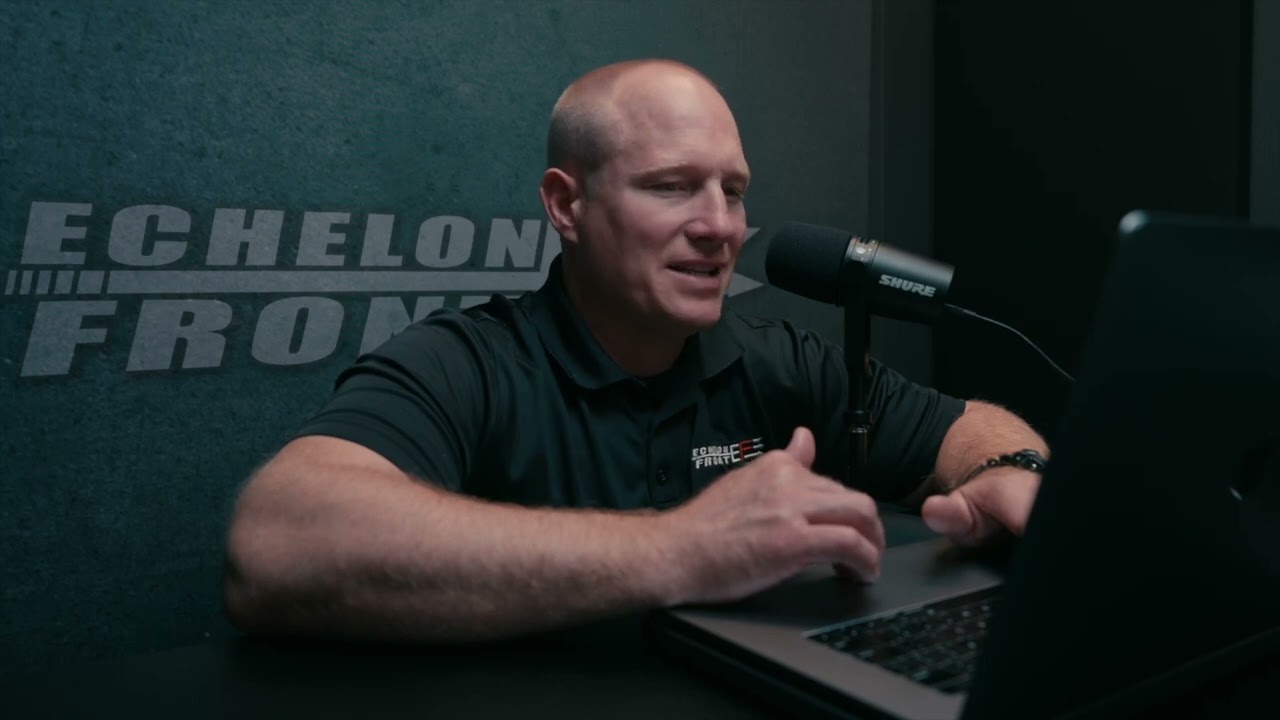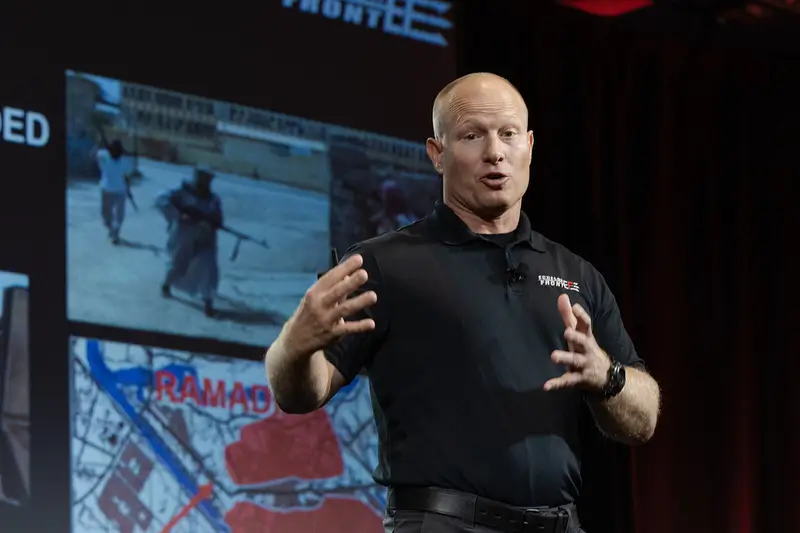Ever wonder if Leadership Development is worth it? We ran the numbers, and it's clear: there's tremendous ROI when you invest in leadership. Click here to read more.
Powered by RedCircle Human Nature is to Blame Anyone or Anything Else We had a saying in the SEAL Teams: Nothing ever turns up until you accuse someone of stealing it. “Who took my gear?” “Which one of you picked up my eye pro? I just set it right
Powered by RedCircle The First Step in Taking Ownership is to Acknowledge a Mistake or Failure. But When You Do This, Be Careful to Watch Your Language. “We” Means “You” The first step in taking ownership is to acknowledge a mistake or failure. But when you do this, be careful
Relationships are integral to your success and the success of any team in any arena. When you recognize that relationships are paramount, you will prioritize building strong relationships with everyone around you to be victorious.
We want to be able to influence others. Whether at work, home or in our community, we often think we know best and want others to GO WITH OUR PLAN.
To gain respect from others, we have to earn it. Through performance, hard work, and demonstrated success, respect is earned from those around us.
Like a half-duplex radio, you cannot receive transmissions from anyone else whenever you are in transmit mode. You can’t hear what anyone else is saying as long as you are speaking. You can’t listen to them.
An effective leader knows they can’t blame an inexperienced team member who is working on a critical part of a project. They will make the extra effort to train that team member, check in with them frequently, and make sure that they are on track to be successful. These actions prevent critical errors before they even happen.
If you’re ineffective, you need to take ownership of the problem and figure out an effective solution. If you’re effective, you should still carefully analyze where you can create efficiencies and become even more effective.
Most leadership problems are common. Everyone must tackle these same or similar problems in order to be successful. Leadership is the solution.
Leif Babin explains it’s how we deal with mistakes and problems is more important than the error itself.
Effective leaders practice seeing from different perspectives. In the military, we conducted reconnaissance missions by employing a clover leaf pattern to observe the target from 360 degrees.
There is no growth in the comfort zone. Training should push people beyond where they are comfortable so that they learn to handle those situations and grow.
For any disagreement with others, you must first consider that you might be wrong. Whether it’s a family member, a team member at work, or our boss, when we disagree on something or don’t seem aligned, you need to start with humility. This requires detachment. It requires keeping your ego in check.
The indirect approach simply means, taking actions that allow another person to reveal the truth to themselves rather than trying to force someone to see the truth. It means, instead of confrontation, ask earnest questions. It may not seem like it, but this is actually the shortest route to leading successfully and influencing others for the good of the team and the mission.
Bad Boss? Frustrated? Whether you have a micromanaging boss, a weak or indecisive boss, a self-promoter or an egomaniac, these common leadership challenges can leave you feeling powerless. Read this and learn how to succeed, despite your bad boss. Click here.
Leadership is about dealing with people. And everyone is different. One of the most challenging aspects of leadership is learning how to work with different personality types. While there are general categories, such as introvert or extrovert, into which you can lump personality types, no two people are exactly the same.
No one is born with great leadership ability. Leadership is a skill that must be taught, learned, and developed over time through training, practice, and repetition. Some people are born with attributes that enable them to develop faster and outperform others as they develop their leadership skills. But without learning the skills required to lead, such people will not ultimately succeed. The pathway to becoming a good leader lies in learning and developing leadership skills through training, education, and continuous, dedicated effort
Some people are raised to see an outburst of anger as an exercise of authority, or a way to exert oneself, as a sign of strength. But when you aren’t able to detach from your emotions, it’s actually a sign of weakness.
It may sometimes work tactically, but it’s a strategic loser
In order to think strategically, you must detach. It’s human nature that we dive into the details of a problem, which means we often get lost in the weeds and lose sight of the strategic picture. You can’t let that happen. Stay detached and think strategically ALL THE TIME.
At Echelon Front, we believe that if you interact with other human beings in any capacity, you are a leader. Even if you are only in charge of yourself and your small piece of the mission, you have to lead.





















